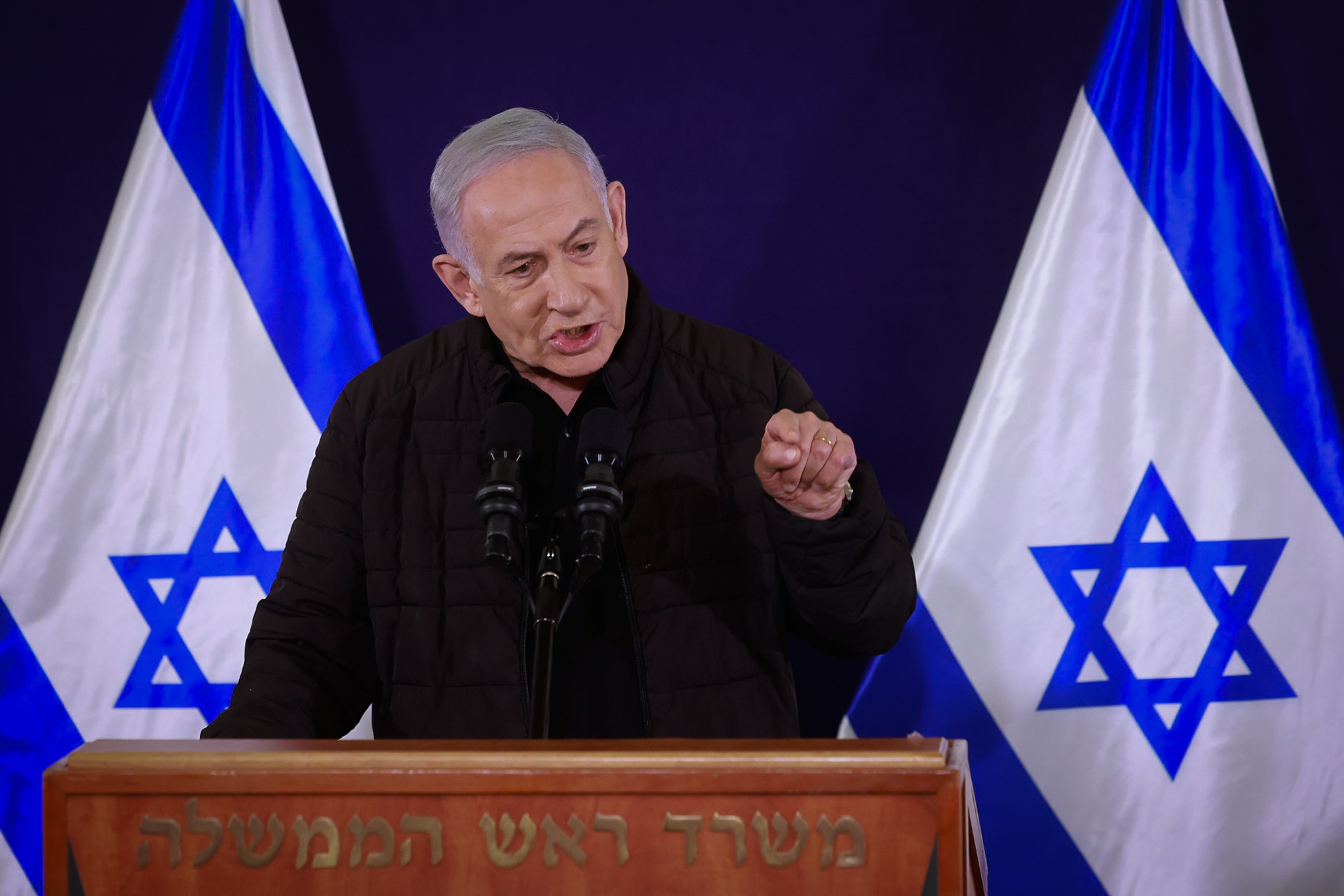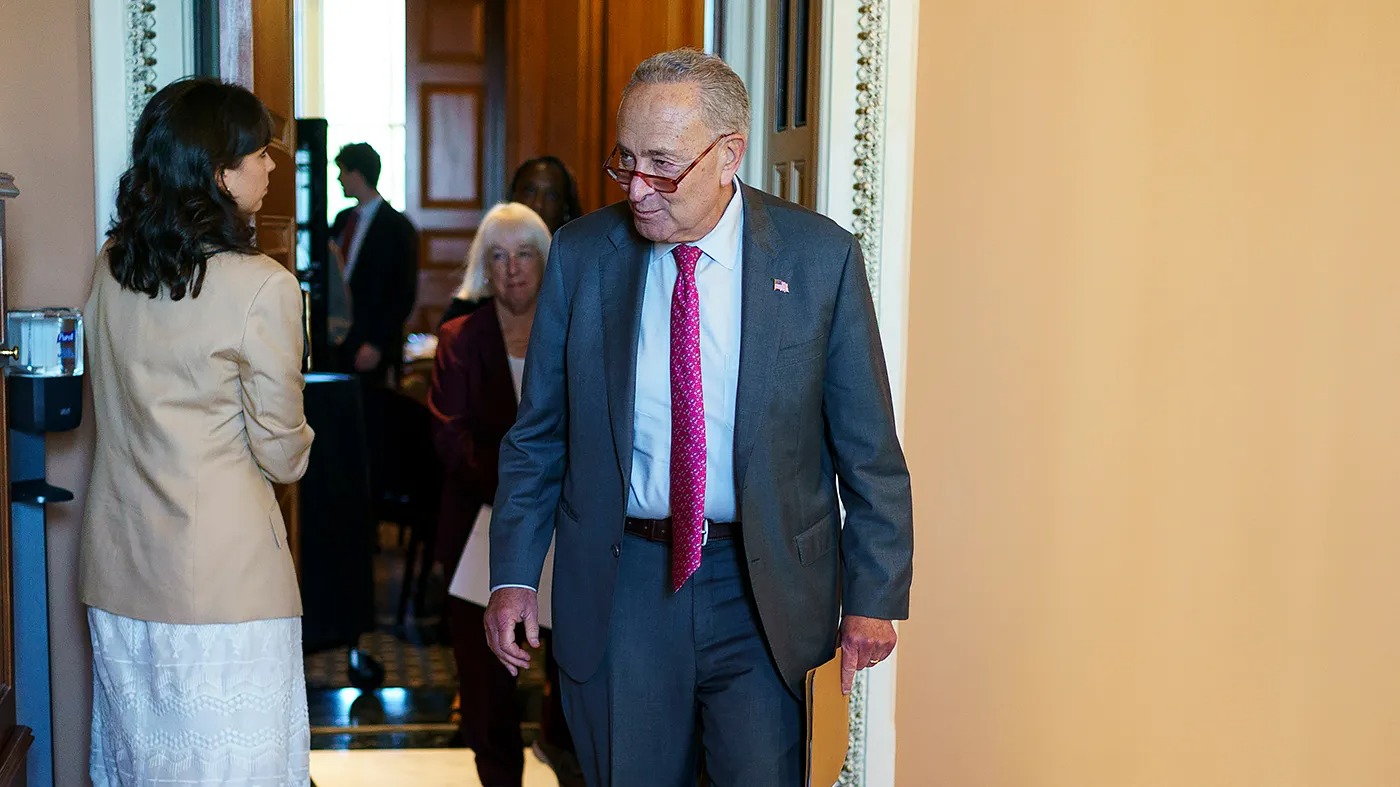Prime Minister Benjamin Netanyahu issued a strong response to criticism originating from Washington. He particularly addressed US Senator Chuck Schumer’s recent call for Israeli elections, deeming it “wholly inappropriate.”
Netanyahu underscored the importance of respecting the sovereignty of a fellow democratic ally, especially during times of heightened conflict.
Refusing to commit to holding elections post-war, Netanyahu asserted that such determinations ultimately rest with the Israeli populace.
Meanwhile, reports have surfaced indicating potential conditions on future military aid to Israel from the Biden administration, signaling displeasure with Netanyahu’s leadership.

Netanyahu’s remarks come amidst a backdrop of ongoing tensions in the region, with Israel engaged in a military offensive against Hamas in the Gaza Strip.
The conflict has prompted international scrutiny, particularly regarding civilian casualties and the distribution of humanitarian aid. Despite mounting pressure, Netanyahu remains steadfast in his commitment to achieving Israel’s security objectives.
The Prime Minister condemned efforts to halt the war, accusing detractors of making false accusations against the Israel Defense Forces (IDF) and his government. He urged the international community to direct its pressure towards Hamas and Iran rather than Israel.
Netanyahu emphasized that Israel would not yield to external pressures and would continue its operations in Rafah, a strategic stronghold for Hamas in the Gaza Strip.
Rafah has emerged as a focal point in the conflict, with the IDF planning a significant offensive to neutralize Hamas presence in the area. Biden has cautioned against Israeli intervention in Rafah, labeling it a “red line” for his administration.
Netanyahu’s insistence on proceeding with the operation underscores Israel’s determination to achieve its military objectives despite opposition from the US and other international actors.

Netanyahu’s criticisms drew a response from Schumer, who framed the discussion as an opportunity to address Israel’s future security and prosperity once Hamas has been defeated.
This exchange reflects a broader dialogue within the international community regarding the long-term stability of the region and Israel’s role therein.
Amidst the geopolitical complexities of the conflict, Netanyahu’s leadership faces both domestic and international scrutiny. While staunchly defending Israel’s actions, he must navigate diplomatic challenges and manage relations with key allies, including the United States.
The outcome of the conflict and subsequent developments will have significant implications for Israel’s security, regional stability, and broader geopolitical dynamics.
Prime Minister Benjamin Netanyahu’s response to criticism from Washington underscores the complexities of navigating the ongoing conflict with Hamas.
As Israel continues its military operations in the Gaza Strip, Netanyahu faces pressure from both domestic and international stakeholders. The outcome of these developments will shape the future trajectory of the region and Israel’s role within it.


